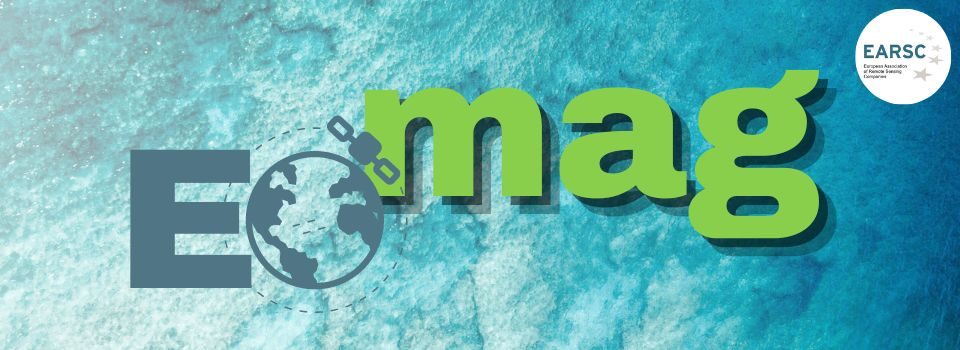The United Nations Development Programme (UNDP) today launches a loan and
grant programme to help small- and medium-sized businesses conserve
biodiversity at the same time as they reduce poverty.
Over the next 18 months, the initiative, called Equator Ventures, will
disburse “loan investments” of $30,000 to $500,000 in a pilot
programme, starting today, and will provide expertise in building
enterprises, it said. Equator Ventures will disburse funds provided by
UNDP, the Global Environment Facility (GEF) of development banks and UN
agricultural and industrializing agencies, the World Bank, the
Government of Japan, the Dutch DOEN Foundation, the Critical Ecosystem
Partnership Fund and the John D. and Catherine T. MacArthur Foundation,
UNDP said.
“Equator Ventures is dedicated to showing that small entrepreneurs are
said Jeffrey Sachs, head of the poverty-reducing UN Millennium Project.
a key link in the chain towards achieving sustainable development and
the Millennium Development Goals (MDGs). Grassroots
entrepreneurship, through its ability to bring great environmental
benefits while also raising incomes, has the potential to transform the
way we think about development,”
The MDGs, agreed on at a UN summit in September 2000, are designed to reduce socio-economic ills significantly by 2015.
The new loan and grant programme, to be administered by the UNDP-led
Equator Initiative, aims to carry out the recommendations of a recent
report sponsored by the agency called “Unleashing Entrepreneurship:
Making Business Work for the Poor.”
“The Equator Ventures partnership fills a critical niche by addressing
a major gap in sustainable development finance that goes beyond
microfinance, on the one hand, and project finance, on the other,” said
Olav Kjorven, Director of UNDP Energy and Environment Group.
For more details go to UN News Centre.
